
1990: Degree in Biological Sciences at the University of Milan (110/110)
2008-Present: Permanent position as researcher at the Institute of Agricultural Biology and Biotechnology-CNR, Milan.
2001-2008: Researcher with a fixed-term contract at the Institute of Agricultural Biology and Biotechnology-CNR, Milan.
1992-2000: Research activity with graduate fellowships at the Institute of Agricultural Biology and Biotechnology-CNR, Milan.
1990-1992: Research activity with graduate fellowship granted by the CREA, Istituto Sperimentale per la Cerealicoltura, Bergamo.

Common bean is a staple food in many regions in the world. Bean seeds are a major source of dietary fibers, essential amino acid-rich proteins, some vitamins and often display a high content in essential minerals (Fe, Zn, Ca). However, these minerals are scarcely bioavailable, mainly due to the presence of phytic acid. Besides, about 60% of common beans produced worldwide are grown in regions subjected to water stress. The BIO-BELIEF project (ERA-NET FOSC call) aims to select new biofortified and drought resilient bean lines, in order to promote a healthy diet in a general frame of food security. The biofortification traits (incresed seed Fe and decreased phytic acid concentration) will be introgressed in the drought resilient genetic backgrounds. The innovative technology of genome editing will be applied to explore candidate genes involved in drought resilience. The biofortified lines will be exploited by preparing bean-based recipes. The BIO-BELIEF project involves: CNR-IBBA, CREA-GB and the Blumen Group company, Italy; Aix-Marseille University, France; CIAT, Kenya; University of Pretoria, South Africa; EMBRAPA, Brazil.
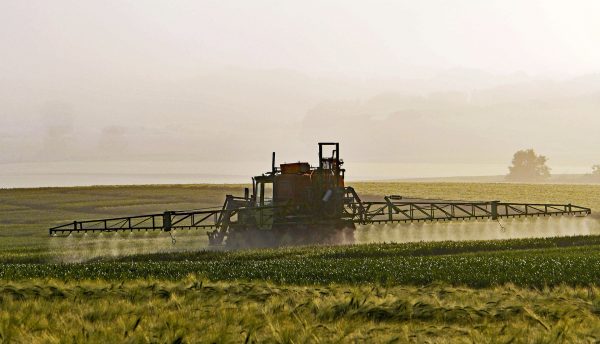
The FILAGRO project aims to provide solutions to several issues that are emerging in the field of modern agriculture. They concern: production sustainability, biodiversity and environment preservation; improvement in food quality, safety and healthy and nutritional aspects; technology development in favor of industry; new knowledge dissemination. These issues are highlighted as of high importance in the EXPO 2015 and Horizon 2020 programs as well as in the 2013-2015 plan of the Agriculture Directorate of the Lombardy Region.
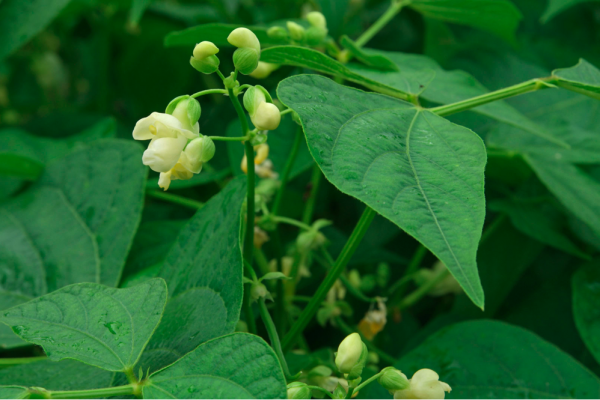
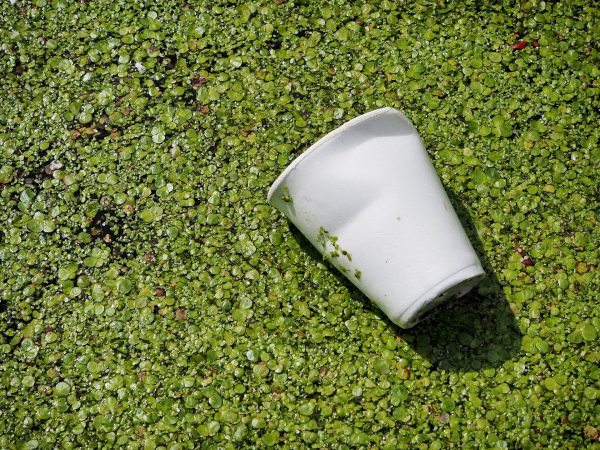
The purpose of the project is to develop an integrated biological system to purify wastewater originated by anaerobic digestion of OFSMW, based on duckweed ability to tolerate high nitrogen and phosphorous concentration.
The project is proposing to develop a sustainable and completely natural system capable of achieving two objectives at the same time:
– a biological wastewater treatment;
– the transformation of some pollutants in raw materials (starch and fatty acids) that can be used in food and biochemical industries , replacing products obtained from agriculture or hydrocarbons.
In addition we would like to make a contribution to the understanding of microbiome degrading in the rhizosphere of aquatic plants used in the system, highlighting its effects on urban organic waste purification and more broadly on microbial water safety.
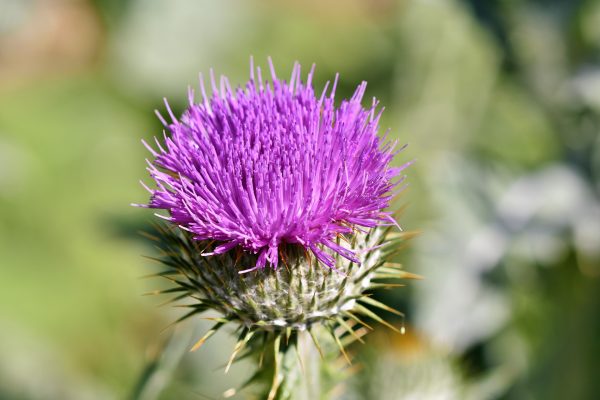
Aim of the project is the optimization of the use of industrial by-products and wastewaters as growth substrates for plant cell cultures and the optimization of their growth in economically and environmentally sustainable conditions to substantiate the possibility to build a cardoon-based cell biofactory in line with the principles of Circular Economy. Biotechnological approaches, through the RNAi strategy and/or the emerging technique of “genome editing”, on seed/leaf derived calli will be directed to increase monounsaturated fatty acids, while modifying lignin composition for accumulation of different phenolic acids as well as higher digestibility and availability of the cellulose fraction to enzymatic degradation. Furthermore, economic and environmental analysis of the production model of cardoon cells will be performed.

The project aims to study the possible re-introduction of traditional crops on the Lombardia territory such as hemp (Cannabis sativa L.) and flax (Linum usitatissimum L.), making their cultivation profitable again through the use of all the bioproducts obtainable from the various parts of the plant, eg: oil extracted from seeds, fiber, proteins, metabolites. In addition, the project also plans to enhance all the residues of the various transformations of hemp and flax, creating a range of bioproducts of considerable interests.
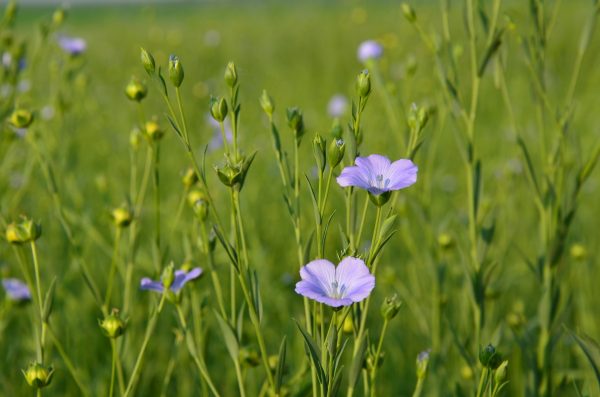
The aim of the InFlaMe project is to optimize the production of secondary metabolites of pharmacological/nutraceutical interest, the lignans which are produced at low concentration by flax plants as defense compounds against herbivores and microrganisms. To this purpose a biotechnological approach will be used starting from the production of different plant tissue cultures obtained from several diverse flax species. The obtained cultures will be induced to an increased production of lignans through the use of specific elicitors and through metabolic engineering.
In the long term this technology will provide a large scale production of high added value compounds currently limited by the low potential of producer species.

The MITICAL project aims to deepen knowlege on industrial hemp culture, focusing on the final use of two main products: seeds and flowers. The project will be based on the following activities:
The project will be hold with the collaboration of agrofarms belonging to the two lombard agriculture districts and the results obtained on seeds will be viable for feed and food industries whereas those on flowers for pharma and cosmetic sector.
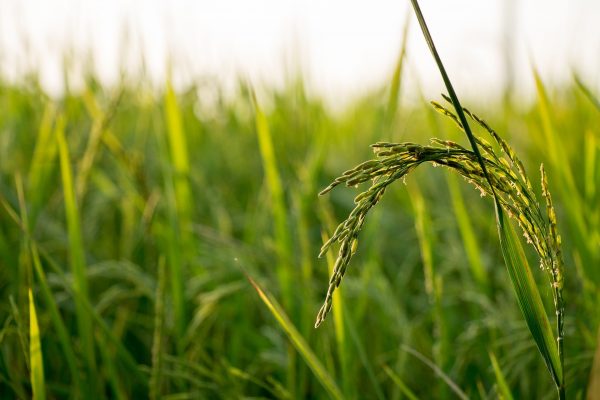
The overall objective of the “Rice connections” project is to better elucidate the connections between disease resistance, drought tolerance and flowering time and to study how does a first biological stimulus impact on a second subsequent biological stimulus.
The relationships between the three targeted biological pathways are explored using different approaches: agronomy, genetics, genomics, cell biology and yeast-two-hybrid technique.
The project will involve:
– phenotyping for disease resistance, drought tolerance and flowering time of several rice lines, including transgenic lines for some key genes
– identifying regulation nodes, i.e. genes which expression is synergistically regulated by two biological pathways, through gene expression studies (RNA-Seq analysis and qRT-PCR)
– establishing connection nodes between the targeted biological pathways, as identified by yeast-two-hybrid approach
The main output of the project will be the identification of connection hubs between the targeted biological pathways, which will represent the next generation of genes to be studied and used in future breeding programs.
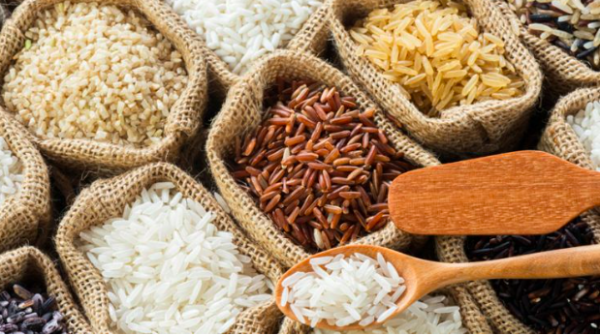
The overall objective of the “RISINNOVA” project is to provide the Italian rice industry with genetic and genomic tools for the development of more competitive rice varieties, suitable for both domestic and international markets.
The project is structured in five research Workpackages (WP):
WP1. Genetic and genomic approaches to improve protection against the main rice diseases
WP2. Genetic and genomics strategies for protection of rice from major abiotic stresses (water
shortage, salt stress, thermal stress)
WP3. Genetic and functional diversity of rice-associated microbial communities
WP4. Genomic analysis systems applied to biodiversity
WP5. Dissemination, training and technology transfer
In the framework of WP2, the IBBA activity aims to identify genes that may represent important players in the tolerant response to osmotic stress. This is achieved through: i) the physiological evaluation of several japonica cultivars for their response to osmotic stress ii) the selection of two cultivars with a contrasting phenotype (sensitive vs tolerant) iii) an RNA-Seq analysis of the transcriptomic changes occurring in leaves and roots of these two cultivars in response to osmotic stress.
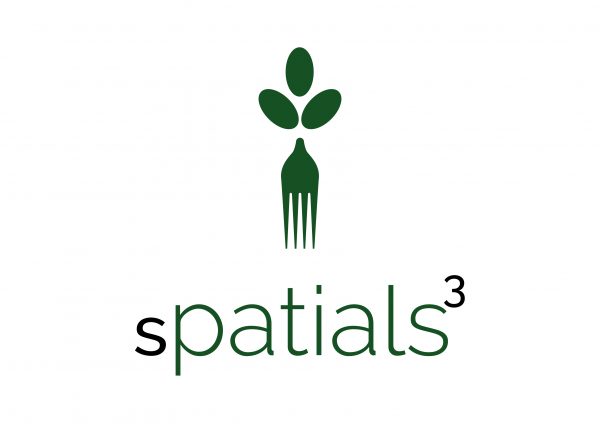
sPATIALS3 is a technological and research hub involving 12 CNR Institutes belonging to 4 different Departments and 4 companies. Main objectives will be: obtainment of innovative food products improved for their nutritional and functional properties; provision and implementation of precision technologies to guarantee products quality, safety and traceability; development of innovative and eco-sustainable smart– and active-packaging to minimize and reuse wastes, where possible, and to increase food preservability; provision to consumers and producers of tools for results exploitation.

